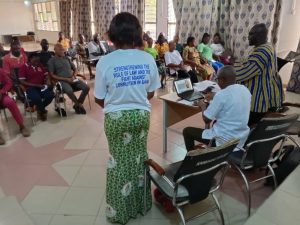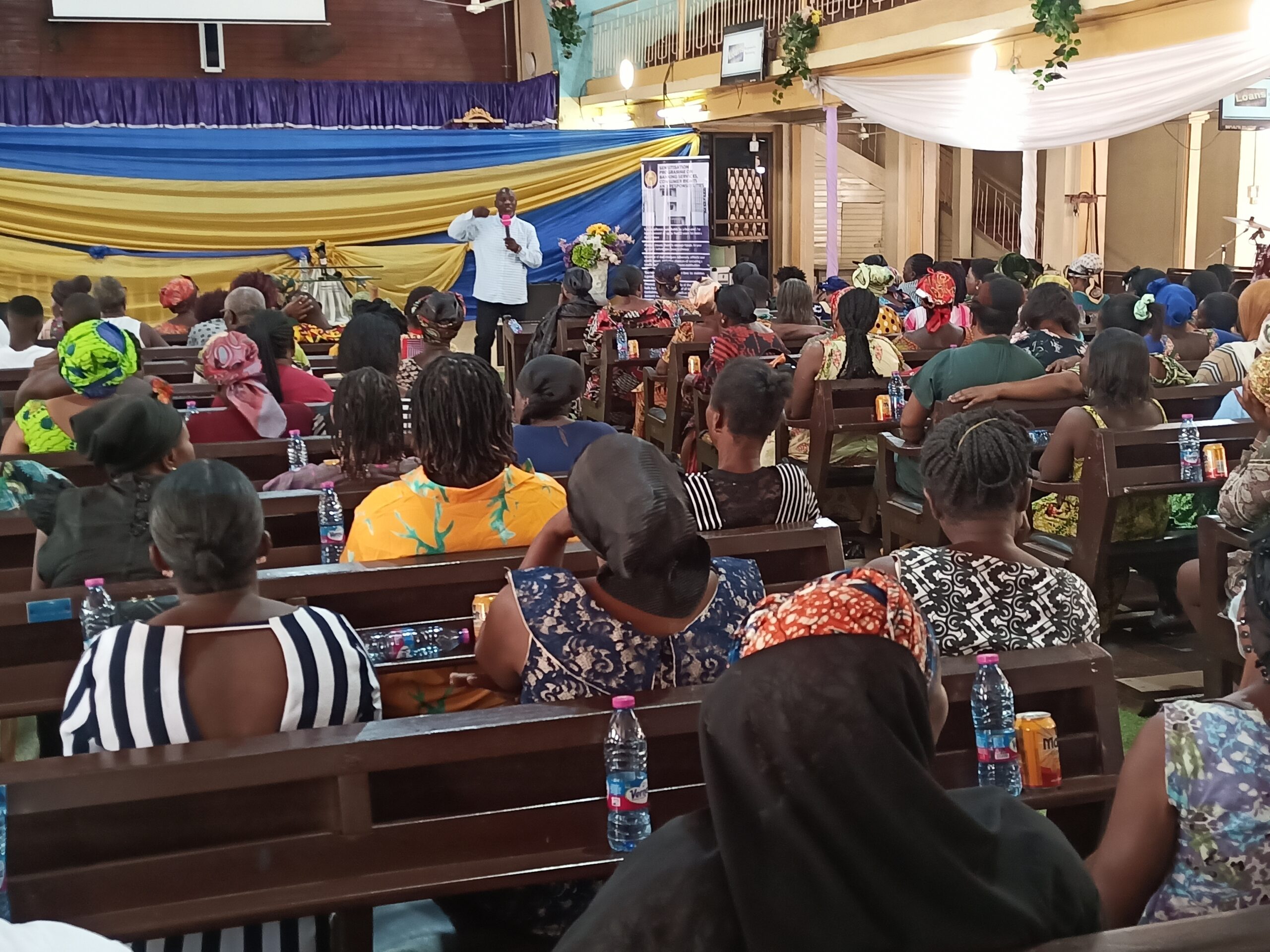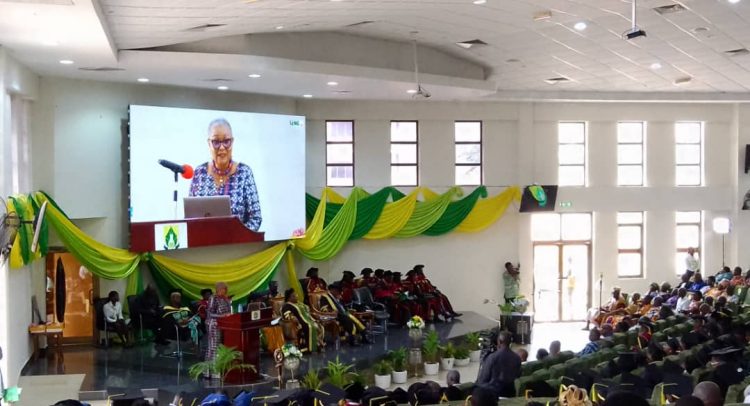
By Samuel Adadi AKAPULE, Navrongo
The Kassena-Nankana Municipal Directorate of the National Commission for Civic Education (NCCE) has held a civic engagement forum in Navrongo to deepen public awareness and mobilise action against corruption, with a focus on the informal sector.
The event, held under the theme “Civic engagements on the rule of law and the fight against corruption”, was supported by the European Union (EU) and the Deutsche Gesellschaft für Internationale Zusammenarbeit (GIZ). It forms part of a nationwide effort to strengthen democratic governance, uphold the rule of law, and encourage citizen participation in the fight against corruption.

Participants included tailors, dressmakers, hairdressers, beauticians, weavers, mechanics, market women, youth groups, and members of faith-based organisations. Representatives of civil society organisations (CSOs) and the Commission on Human Rights and Administrative Justice (CHRAJ) were also in attendance.
Municipal NCCE Director, Felicia Ajongbah, emphasised the urgent need to equip citizens—especially those in the informal sector—with knowledge of the Whistleblower Act, the Right to Information Law and the principles of the rule of law.
“A just and prosperous society can only be achieved when citizens are informed and engaged,” she said. “Fighting corruption is not the duty of a single institution. It is a collective responsibility that requires active civic participation.”
She stressed that the informal sector, which constitutes the majority of Ghana’s working population, often lacks access to legal and civic education, making its members vulnerable to exploitation. With support from development partners, the NCCE is therefore prioritising civic education in underserved communities to empower citizens, particularly the youth, to speak out against wrongdoing.
“The activity aims to create awareness of citizens’ rights and protections under the Whistleblower Act. We want to instil confidence in the youth to report corruption without fear, and to inspire a sense of civic duty,” Ms Ajongbah explained.
She described corruption as a “silent thief” that undermines institutions, erodes public trust, and diverts resources meant for development.
The Municipal Director of CHRAJ, Abdul-Gafaru Issahaku, educated participants on how to identify and report corrupt practices in society and the workplace. He noted that common forms of corruption in Ghana include bribery, nepotism, facilitation payments, embezzlement, and conflicts of interest.
“The roots of corruption lie in weak law enforcement, poor accountability systems, bad record-keeping, and low levels of institutional integrity,” he observed.
“This is why government introduced legal frameworks such as the Whistleblower Act, the Special Prosecutor Act, and the Right to Information Act—to give citizens tools to demand accountability,” he added.
He urged participants to take an active stance against corruption by reporting misconduct and promoting transparency within their communities.
The post Fighting corruption: NCCE targets informal sector for action appeared first on The Business & Financial Times.
Read Full Story















Facebook
Twitter
Pinterest
Instagram
Google+
YouTube
LinkedIn
RSS